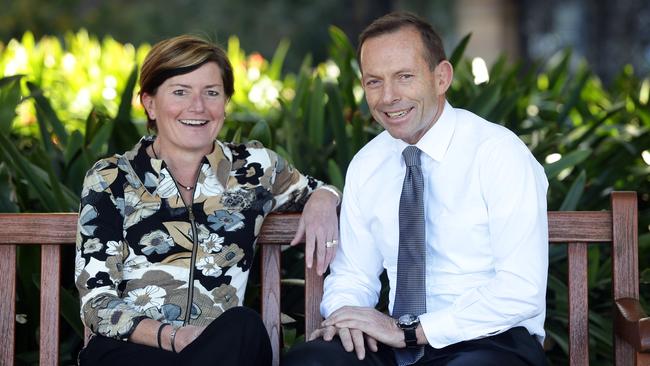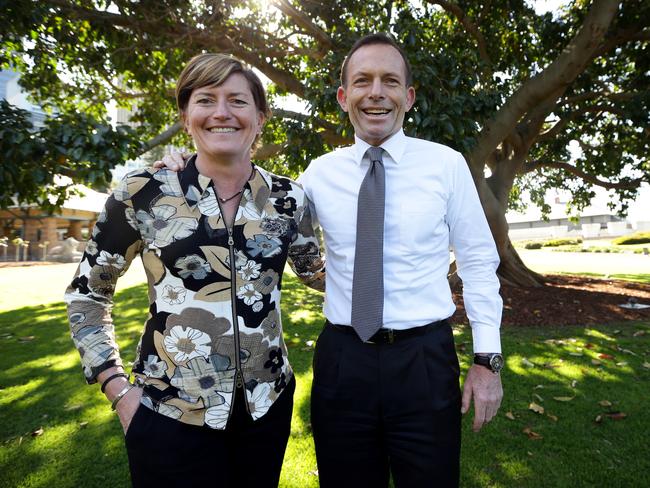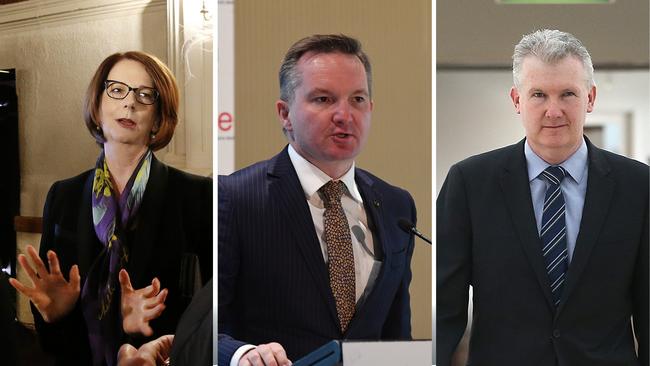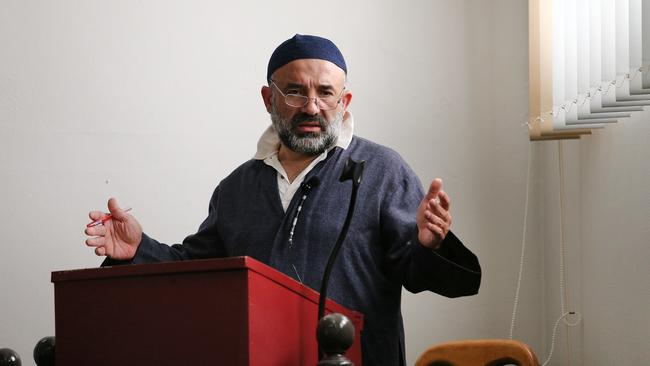Same-sex marriage vote: Australians will get it right, yes or no
Rational and sensible people given the same consideration to the same-sex marriage debate have arrived at opposite conclusions. This split is most notably personified in former prime minister Tony Abbott and Sydney city councillor Christine Forster.

Opinion
Don't miss out on the headlines from Opinion. Followed categories will be added to My News.
One of cricket’s central laws requires bowling with a straight arm. Throwing the ball is considered a violation of the game’s rules. Sir Donald Bradman once noted, however, that a consensus on exactly what constituted a throw was remarkably difficult to achieve — despite all interested parties being in support of the same rule. He said the issue was one about which entirely reasonable people may disagree.
This was as much a comment on human nature as it was about cricket. Faced with identical evidence, identical claims and identical proposals, people of equal insight and goodwill may yet come to diametrically opposed conclusions
So it is with the discussion over same-sex marriage. Rational and sensible people given the same consideration to the various arguments presented have reached findings that are resolutely opposed.

This split is most notably personified in former prime minister Tony Abbott and Sydney city councillor Christine Forster. Abbott is against same-sex marriage, for reasons he has presented at some length. Forster, Abbott’s sister, has presented similarly well-argued pieces calling for same-sex marriage to become legal.
Both Abbott and Forster are deeply committed to their respective positions, yet both also see no malice in each other’s opposing attitudes. The pair remain close. Throughout the debate, they have set an example that should have been followed by many others.
On August 15, Abbott wrote: “It is not homophobic to maintain that, ideally, children should have both a mother and a father. Yet I fear much moral bullying in the weeks to come — invariably from those demanding change.”
Sadly, Abbott was right. Moral bullying has dominated social media and spilt into the real world. The smearing of No voters as homophobic and hateful ignored an important historical point: just five years ago, Labor’s then-prime minister Julia Gillard and senior Labor figures Chris Bowen and Tony Burke all voted No in Parliament. There was never any suggestion those Labor figures were homophobic. The same grace should be extended to those intending to vote No in the postal poll.

MIRANDA DEVINE: Yes campaigners show their true colours
Not that the No team has behaved impeccably either. The less said about Islamic Friendship Association of Australia head Keysar Trad, for example, the better.
The extremists have clearly driven more undecided voters away from their respective causes than towards them.
For the majority of Australians, the primary question is a practical one. How might our nation change if same-sex marriage is endorsed?

Examples of how other nations have changed are of limited value, because Australia’s culture is distinct. Policies that work or don’t work elsewhere may have opposite outcomes here. But there is a way we can gauge the possible change to Australia if same-sex marriage becomes a reality. Australia already has a number of residents who are of the same sex and happen to be married, having legally exchanged vows overseas.
READ MORE: The gay couple against same-sex marriage
In fact, the British Foreign Office has hosted more than 250 same-sex marriages in Australia for those who qualify under dual citizenship.
So we already have same-sex married couples and same-sex marriages. And Australia remains resolutely Australian — a free and welcoming land where differences of opinion are no lasting or unbreakable barrier to friendship and acceptance.
The Daily Telegraph believes that on balance the Yes vote should carry the day despite the, at times, shockingly divisive approach of its less thoughtful campaigners. This is not to say the No case is without merit, or to in any way diminish the sincerity of those who will in good conscience vote against same-sex marriage. Individuals should, without fear or shame, vote in whichever way they feel comfortable, and in accordance with their personal values.
If it is a straightforward question: should the rights of one group of Australians be enjoyed in equal measure by another group of Australians?
The answer is Yes.
And now we can get back to talking about cricket.


